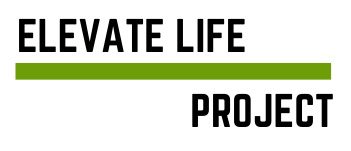Finance Life Tips
The less you worry about dealing with finances and money issues, the more you can enjoy life. Money might not be the most important thing in life, but it most certainly makes the world go round.
And, although it’s not the be-all and end-all for happiness, it’s something that most people closely tie to their overall quality of life. And, if your finances have been a source of contention for you, then you’re not alone.
For those that are already maxing out their company-sponsored retirement plan, perhaps you could contribute to an IRA or Roth IRAIf you are already filling your retirement buckets to the max, then start making regular contributions to a taxable savings account.
Maybe it is an investment account or maybe you could pad your cash in your emergency fund. However you accomplish it, increasing your savings will boost your net worth and improve your overall financial health.
There are many free or low-cost options for tracking expenses, so try a few out to see which works best for you.
Plus, if something does go wrong you won’t have to immediately resort to maxing out credit cards or taking out emergency loans with punishing interest rates.
If you carry balances on high-interest credit cards, think about making a balance transfer to a card that offers a promotional 0% APR. Look for a card that doesn’t charge a balance transfer fee, and aim to pay down the debt by the time the promotional period ends.
There’s lots of advice (and inspirational stories) out there—just be leery of anything that sounds too good to be true. If you need help getting out of debt, you can ask your bank or credit union for recommendations. If you’re looking for assistance on your mortgage, contact an FHA certified HUD counselor for free advice.
